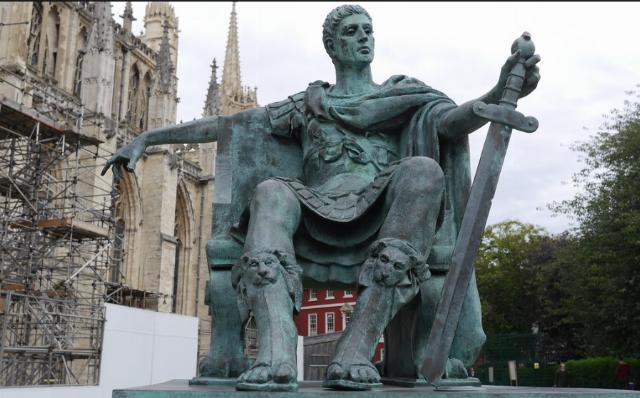Decentralization and democracy
Fears for “our democracy” often focus on the Dobbs decision which decided that the Constitution does not enshrine a right to abortion. It is often stated that through his appointments Donald Trump has caused an undemocratic change in our system by forbidding abortions. But actually, if there is any forbidding it will be by the act of one of the state legislatures.
The founders of our system of government intended to create a federal government of limited powers to oversee a union of states with republican forms of government. The citizens of the smaller states had no wish to be ruled by the choices of the citizens of the larger states; this remains true. It should be obvious that the decisions of an elected state legislature are more likely to be in accord with the choices of the citizens of the state than decisions of a national legislature or a national court of appointed jurists.
We have come to assume that the national legislature and the federal courts have unlimited power over any subjects on which they choose to legislate or rule. That was certainly not the intention of the Founders, as seen most obviously in the Tenth Amendment and the first century and a half of our nation’s existence.
Nearly a century ago the Supreme Court dismissed a long tradition of limiting the authority of the federal government over economic activities that did not involve interstate commerce. The new unlimited reach of economic regulation was well-illustrated by Wickard v. Filburn (1942) which held that the grain grown by a farmer to feed to his livestock affected interstate commerce to the extent that it could be regulated by the federal government.
If any activities, such as education, were left outside the scope of federal regulation the limits were overcome by expanding grants of federal funds to support activities which might fall outside the expansive view of interstate commerce. Then it became the business of the federal bureaucracy to regulate any activities that were financed, in part, by federal grants.
There have been suggestions that the Trump administration will attempt to reduce greatly the regulatory activity of the federal bureaucracy, and it is very likely that such a reduction of federal rules will somehow be seen as undemocratic, although any subject from which federal regulations might be withdrawn will remain subject to regulation by state government, which should be closer to the wishes of the people who will be affected.
At one time the independent and varying decisions of state governments were described by Justice Louis Brandeis as the “laboratory of democracy.” Decentralized decision-making shouldn’t need to be defended. It accounts for the superior performance of free enterprise systems over centralized economies. It seems obvious that having varied schemes of state governmental regulation will permit judgments as to the virtues and detriments of the varied patterns, and that this would seem to be useful.
Regardless of the truth of the “laboratory” idea, it is certainly incorrect to say that regulation of any activity by a state government instead of the federal government, or the choice by a state government to leave an activity unregulated, is in any way undemocratic.

Image: Smabs Sputzer





